The Removal of Banco de Venezuela from Binance’s P2P Services
Binance, the largest cryptocurrency exchange, has removed Banco de Venezuela as a payment option from its peer-to-peer services in the country. This move is believed to be a result of international sanctions imposed by the United States Treasury Department. Crypto users in Venezuela have confirmed that Banco de Venezuela is no longer available for selection in the P2P service option, similar to what happened with Tinkoff and Sberbank in Russia recently. Private-owned banks like BBVA Provincial, Banesco, and Banplus are still listed in the P2P service, suggesting that the sanctions are specifically targeting the government.
Key Points:
- Binance has removed Banco de Venezuela as a payment option from its P2P services in the country.
- This move is likely a result of international sanctions from the United States Treasury Department.
- Other private-owned banks in Venezuela are still available in the P2P service, indicating that the government is the target of the sanctions.
- Banco de Venezuela is a top bank in the country, holding a dominant market share and significant assets.
- Crypto enthusiasts in Venezuela have expressed concerns about Binance’s approach in Latin America, as the exchange recently discontinued its debut card in the region.
Binance, which has faced regulatory scrutiny in recent years, is now striving to comply with foreign sanctions on certain financial institutions. A report by the Wall Street Journal revealed that the exchange still offered services to sanctioned Russian banks, but it has since delisted both Tinkoff and Sberbank from its P2P service. However, certain users have found ways to bypass this policy by privately sharing account details with merchants. Binance has stated its commitment to ensuring compliance with global regulations and addressing any gaps that are identified. ByBit and OKX have also delisted the sanctioned banks from their P2P services in line with the US Treasury Department’s sanctions.
Hot Take:
Binance’s decision to remove Banco de Venezuela from its P2P services highlights the impact of international sanctions on the crypto industry. While the exchange aims to comply with regulations and avoid any potential risks, it is concerning for crypto enthusiasts in the country who rely on these services. This move also raises questions about the future of cryptocurrency adoption in regions facing sanctions and the challenges exchanges face in navigating the regulatory landscape.

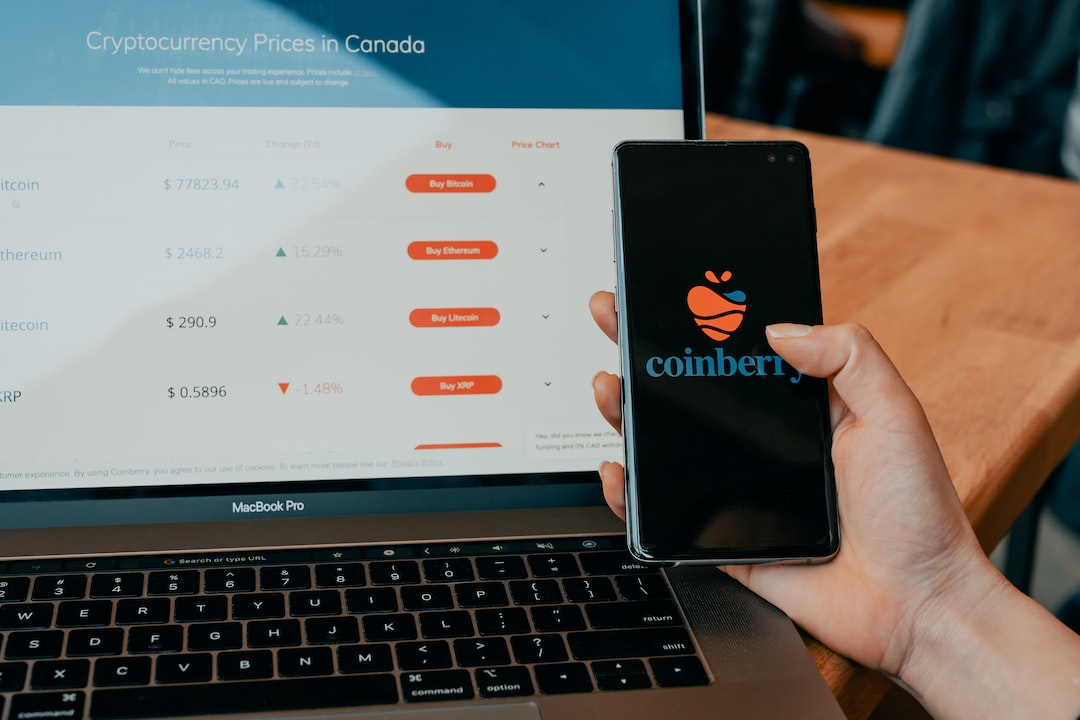
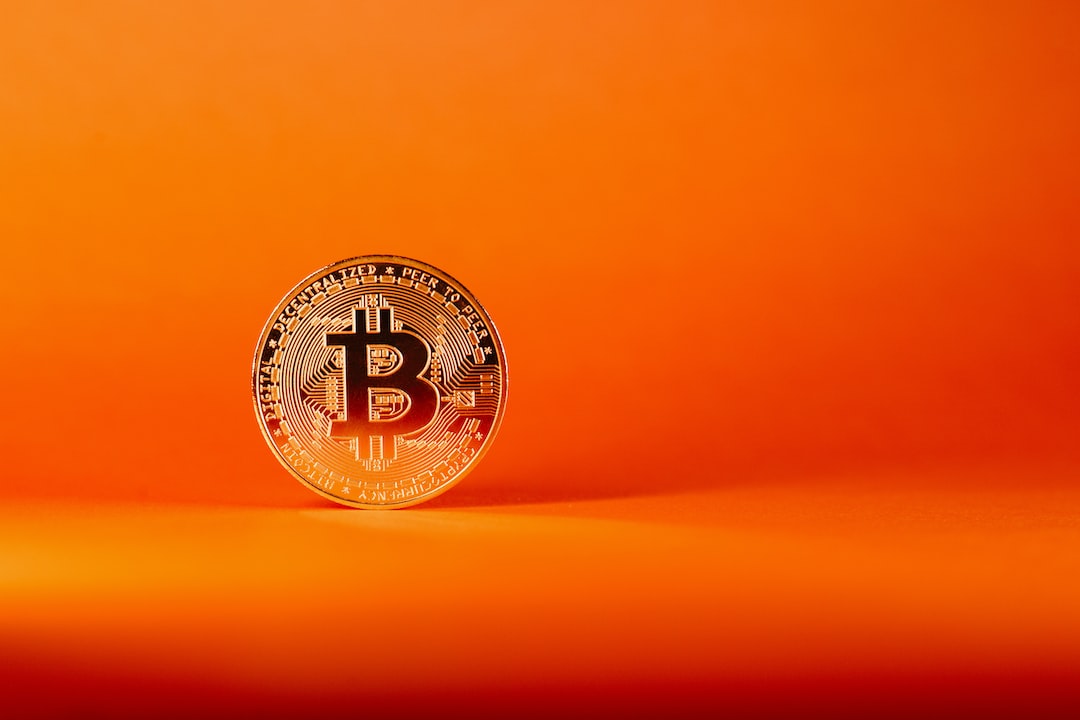
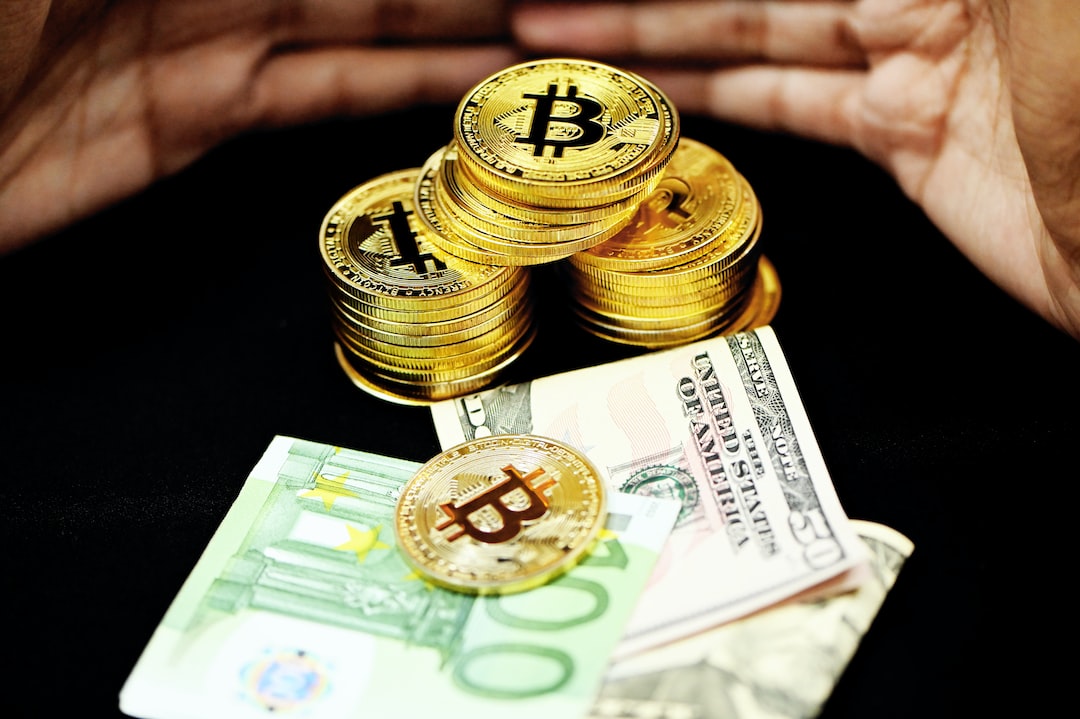
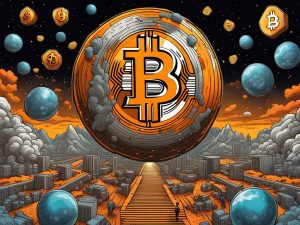
 By
By

 By
By
 By
By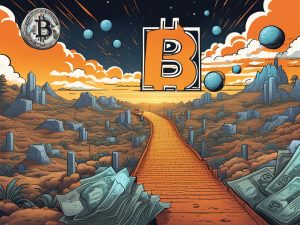
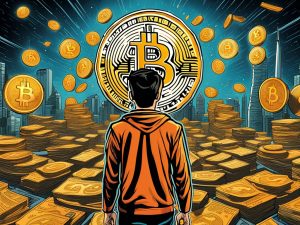
 By
By